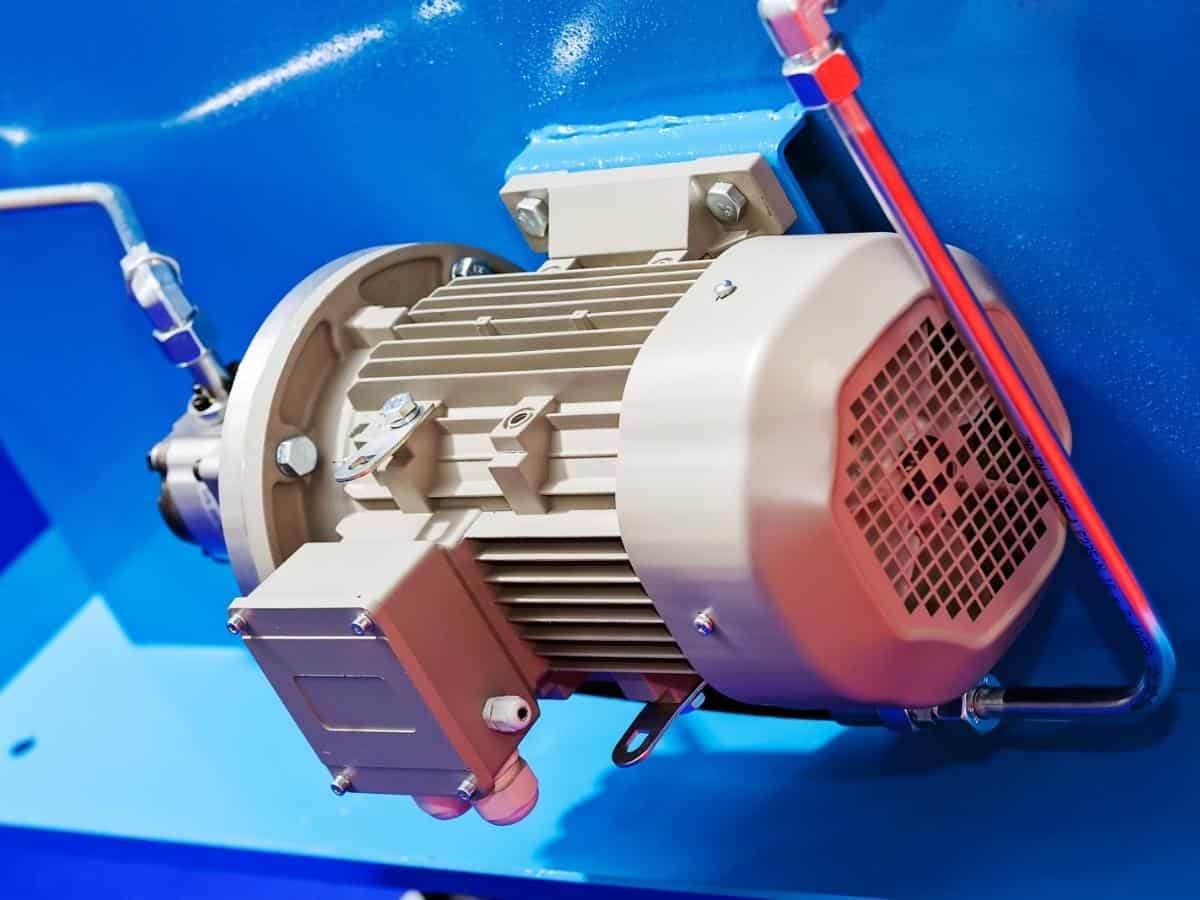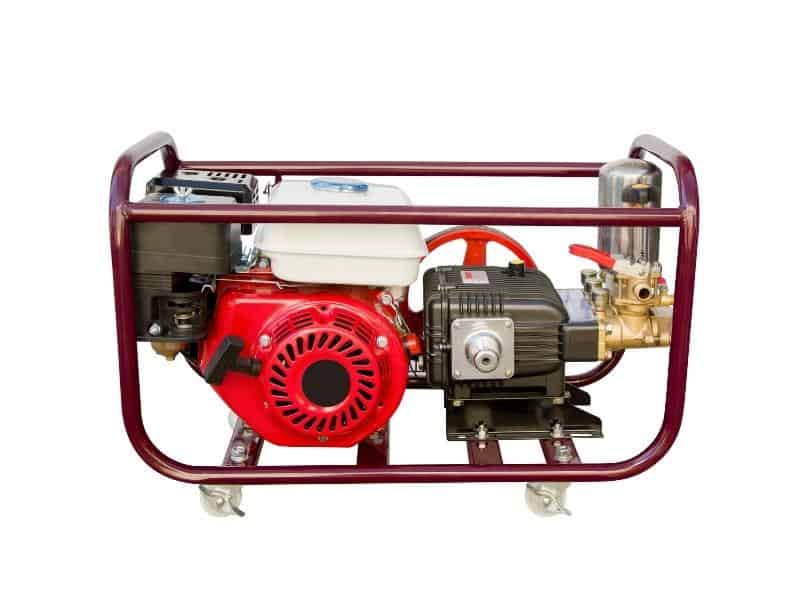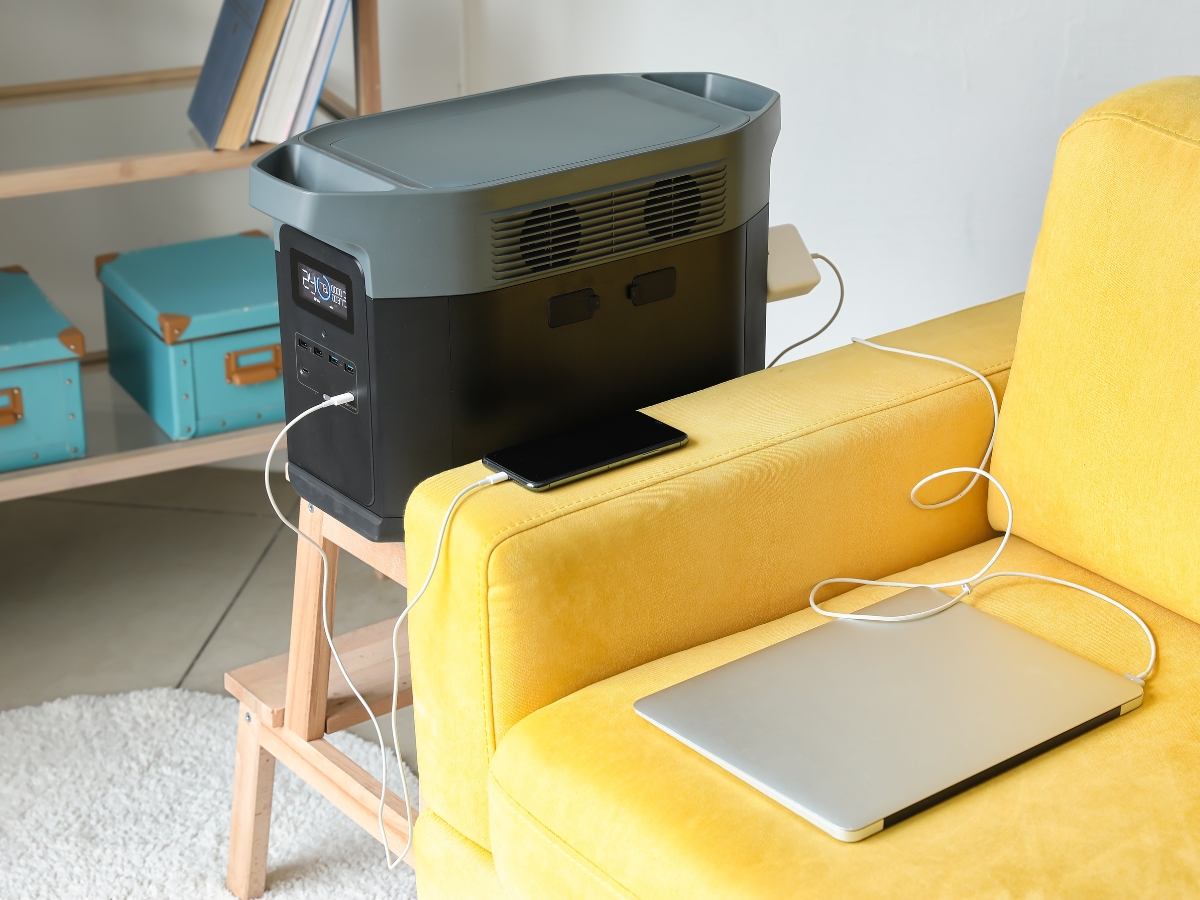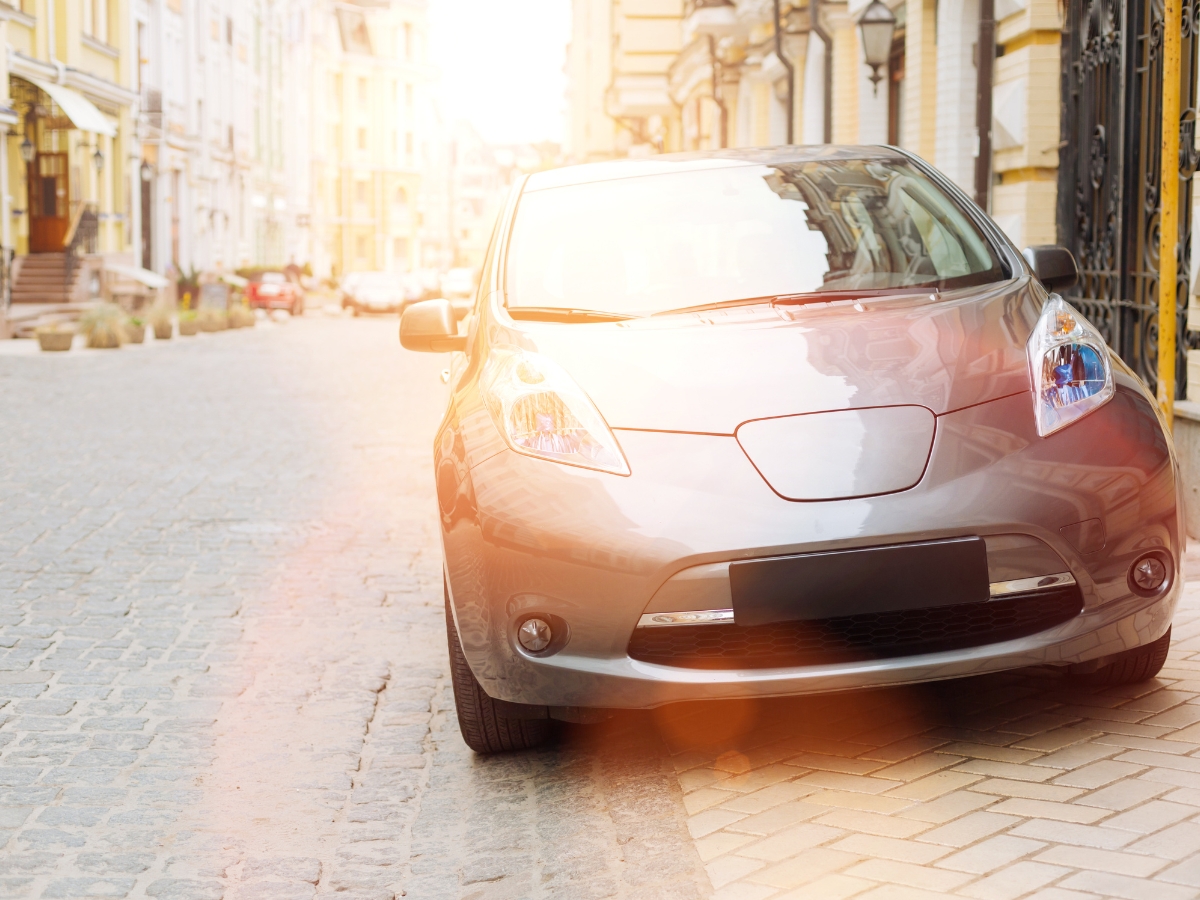A generator can be a helpful backup to have in an emergency. If you own a generator, you may wonder if running it with an electric motor is possible. We will go over some possible ways to do this safely and efficiently.
Here are some key topics we will discuss:
- Using an electric motor to run a generator
- Self-running generators
- Flywheels
- Fuelless generators
- Electric motors and generators
- Electric alternators

Can You Use an Electric Motor to Run a Generator?
Yes, running a generator with an electric motor is possible. However, it depends on what kind of generator you have. It is necessary to determine what kind of generator you own. Not all generators are capable of running on electric motors.
If you purchase an electric motor compatible with generators, it will be safe for use. Contact your manufacturer or specialist to determine if your electric motor is correct for the task.
The electric motor you are using should also be synchronous. If it is not synchronous, it will not be compatible with the generator, failing to work.
If you are unsure if your electric motor is synchronous, consult the motor’s manufacturer.
Self-Running Generators With Flywheels
The purpose of a generator is to have self-sustaining energy. If your power goes out, you want to have an energy source you can rely on. Flywheels are one way to obtain self-sustaining electricity. A flywheel is a circular-shaped device using the constant inertia of a spinning wheel to store and transmit energy.
Some generators use flywheels to run on their own. Typically, flywheels are made at machine shops or in a personal garage.
If you are interested in running your generator with a flywheel, look for a machine shop near you that manufactures them. Most importantly, check that your generator is compatible with flywheels.
Can a Generator Power Itself?
Generators need to receive a charge before use. You will have to direct energy to your generator for it to function. There are many ways to transmit power to your generator to help it power itself. These include charging, using a flywheel, or installing a solar panel on the generator.
Self-sustaining power is a big issue in today’s technology. It would be ideal if we could purchase utterly self-sustaining generators.
Unfortunately, there is no way for a generator to be truly self-reliant. You will need to attach an external power source to the generator, such as a solar panel.
Self-Running Fuelless Generator
If you want to reduce your reliance on fossil fuels, you may be interested in self-running fuelless generators. These generators use physical energy sources like water, air, or sunlight.
There are many of these generators available for purchase. Make sure to look for one with good storage capabilities.
Unfortunately, self-running fuelless generators are much less efficient. It takes energy to move energy, and you will lose a lot of electricity during the power transfers.
For many people, it is worth the extra cost. If you want to be more environmentally conscious, a self-running fuelless generator might be worth it, even with the additional energy expenditure.
However, the most efficient generators use simple charging energy. It is essential to keep this in mind when considering self-running fuelless generators.

What Happens if You Connect a Motor to a Generator?
If you connect a motor to a generator, the motor will use the generator for power. It may sound like it is useful to connect a motor to a generator. However, it is rather inefficient to connect a motor to a generator.
When energy travels, some of it is lost. In this kind of energy exchange, you are adding another step. In this process, you will lose quite a bit of energy.
Connecting a motor to a generator is probably not worth the energy cost. Consider another source of energy to charge your generator.
However, as long as they are compatible, nothing dangerous will happen if you connect a motor to a generator. It is an excellent technique to have on hand if you are in a pinch.
How Does an Electric Motor and Generator Work Together?
An electric motor and generator work together by sharing power. The generator creates the power, and the electric motor uses it.
This connection is useful to have because it can work as a buffer. If you create this connection, it will keep the system from experiencing overload.
Can You Combine a Motor and a Generator?
Yes, you can combine a motor and a generator. You can use them as two separate devices or one combined device. There are many ways to combine a motor and a generator. You can attach a separate motor to a generator. Alternatively, you can purchase a system called a motor generator.
In motor generators, the manufacturer attaches the two systems. They can be helpful when you wish to convert electrical power.
Motor generators can also be combined when you want to decrease power overload on the system. These devices range from small battery convertors to massive power converters used for industrial purposes.
Combining a motor and generator can be done for many reasons. You will need to determine if your devices can handle this for safety purposes.
What is the Difference Between an Electric Motor and an Electric Generator?
The two devices are quite different. In short, electric motors use power. Electric generators produce power. Electric motors take electricity and use it to power something mechanical. Electric motors can help power electric cars, electric scooters, and water pumping stations.
You will also see electric motors in daily life, like dishwashers, computer printers, fax machines, and vacuum cleaners.
Electric generators are exactly the opposite of this. You can use electric generators to create the power you need for something. If you experience frequent power outages, you may want to have an electric generator on hand.
Electric generators can also be useful if you are going to a place where you will not have consistent power. Many people take portable electric generators on camping trips or outdoor excursions.
Electric Motor Generator FAQ
Can an Electric Motor Drive an Alternator?
Yes, you can drive an alternator with an electric motor. You will need to research the weight and specifications of your electric motor. You can easily power an alternator with an electric motor. It is vital to purchase an electric motor that works for this task.
Many electric motors are not compatible with alternators. It could fail if you use an electric motor that does not work with your alternator. Contact a professional when you are attaching your electric motor to an alternator.
Is a Generator Just a Motor in Reverse?
Yes, a generator is like a reversed motor. A generator outputs energy, and a motor consumes it. A motor consists of copper wiring inside powerful magnets. This wiring winds around an iron center.
When you run electricity to a motor, it triggers the magnetic field and compels the coil to rotate. A generator is creating an opposite motion. It starts by rotating the center, and that creates electricity.



